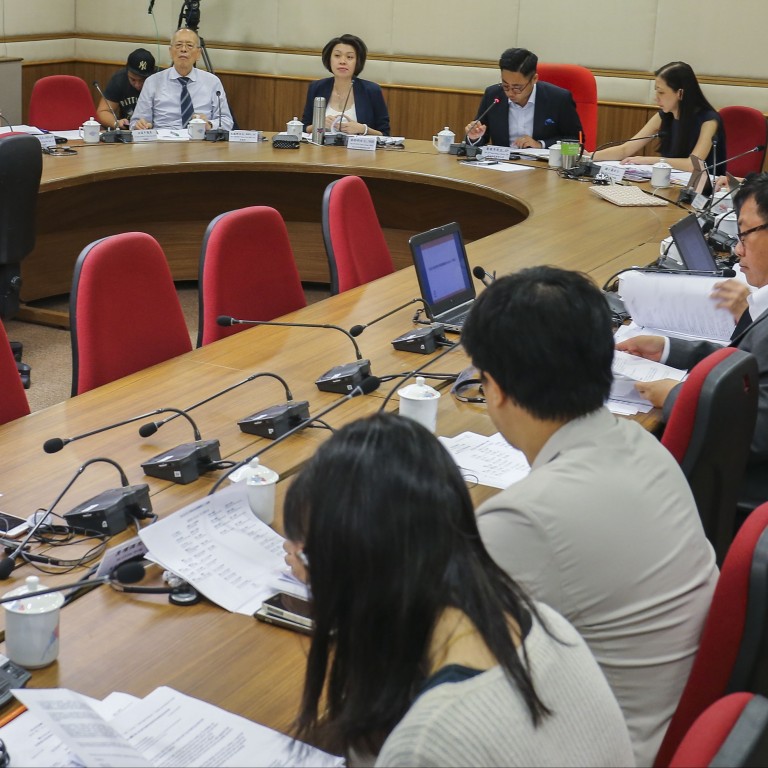
No-shows and early exits – Hong Kong rural chiefs who just can’t find time to attend district council meetings
- One rural leader missed more than half of district council meetings in past three years, while another spent just four minutes at one session
- Critics say problem shows that many top rural patriarchs are not treating theirautomatic membership of councils seriously
Many of Hong Kong’s rural leaders have been skipping their local council meetings, a Post study has found, as they claim to be too busy working on behalf of villagers to show up, sparking renewed calls for an overhaul of the system to improve accountability.
In researching the minutes of full district council meetings since the start of the present term in 2016, the Post found one rural leader had missed more than half of the sessions. Another spent just four minutes at one meeting – after showing up an hour late.
Critics said the problem showed that many of Hong Kong’s 27 top rural patriarchs were not treating theirautomatic membership of district councils seriously. They, like all district councillors, are provided with an honorarium of more than HK$30,000 a month and other allowances.
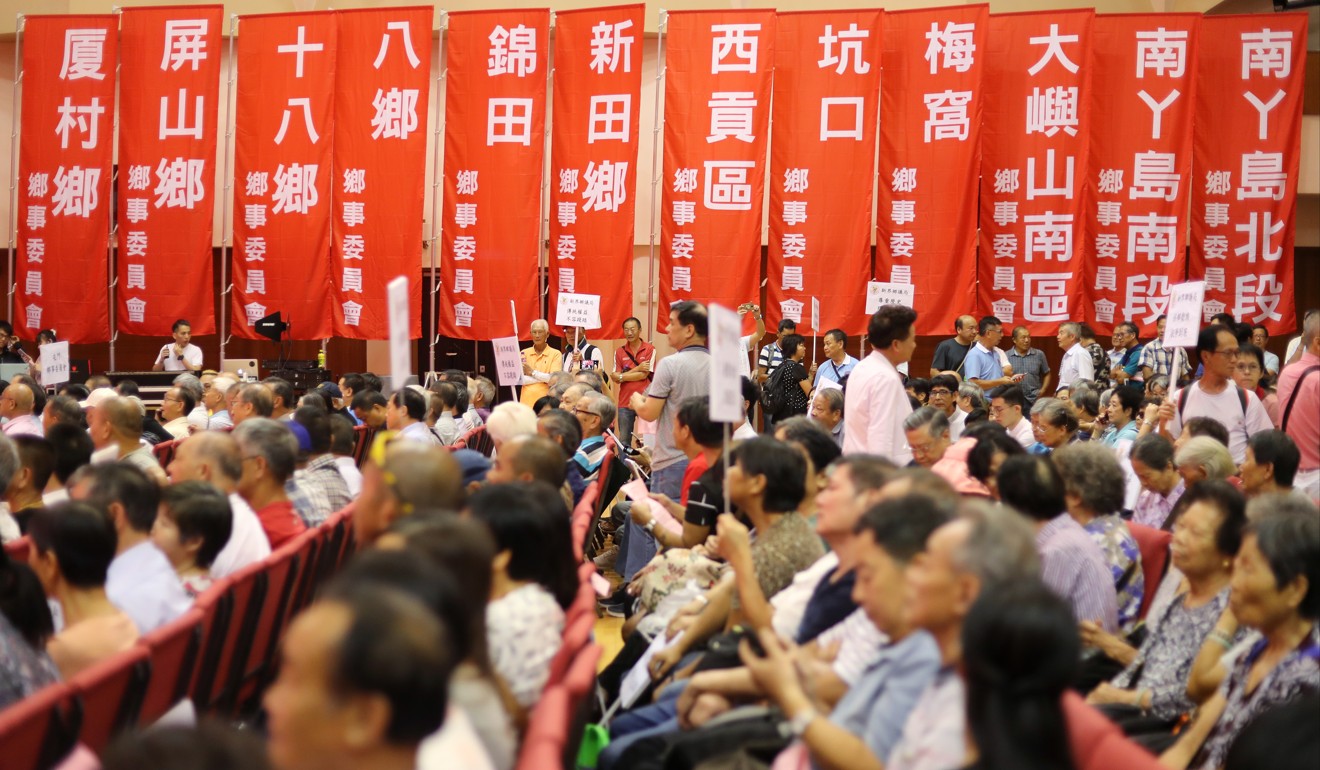
Among the worst offenders was Frank Chan Shung-fai, who attended just nine of the 19 meetings held since 2016. Chan, chairman of the Ta Kwu Ling rural committee, left early on three occasions, and last year attended just one meeting – where he excused himself halfway through.
Chan is one of three rural leaders on North District Council to have a low attendance record. Bowie Hau Chi-keung and Li Kwok-fung, chairmen of the Ho Sheung Heung, and Fanling rural committees, respectively, are also serial offenders.
District council maps redrawn, sparking gerrymandering concerns
Li and Hau both missed five of the 19 meetings since 2016, with the latter coming in late or leaving early at 10 others.
On February 8 last year, Hau was about an hour late for a meeting that began at 9.37am. He arrived at 10.38am and left four minutes later, according to the minutes.
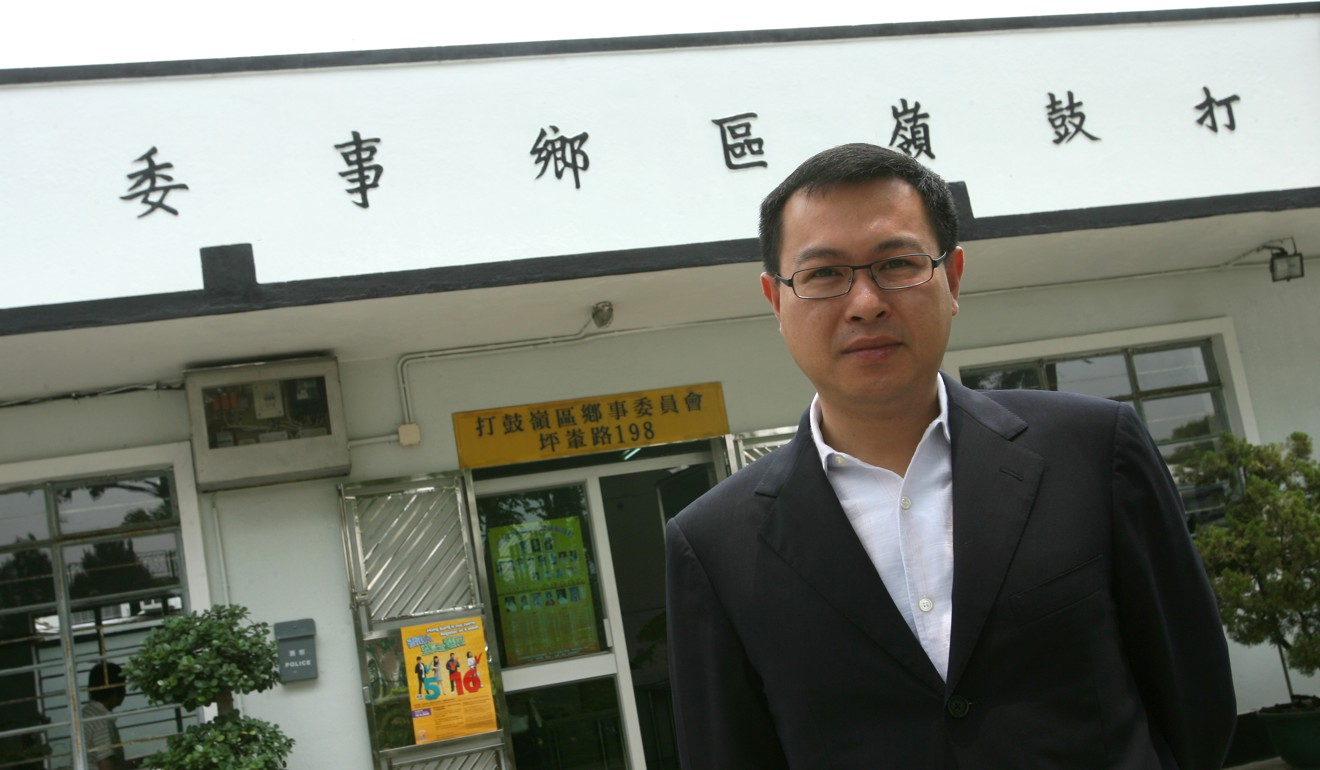
There are 18 district councils in Hong Kong. They are responsible for scrutinising government funding and coordinating community initiatives.
Not all rural chiefs have such bad records; one-third attended all meetings. But critics hope that as up to 205,000 registered voters in the New Territories elect about 400 rural representatives this month, starting from Sunday, new blood can bring more transparency and accountability to both the rural committees and the district councils.
The rural committee chairmen … do not seem to need to be accountable to anyone
About 1,000 rural representatives were returned uncontested after nominations closed.
After the elections this month, those 1,400 rural representatives will in March choose from among themselves 400 members of the 27 rural committees.
The committee’s chairmen become ex officio members of nine district councils in the New Territories.
Labour Party activist Stanley Ho Wai-hong, one of several pan-democratic contestants running in the polls, is concerned about the low attendance rates, and has called on the government to strip the rural committee chairmen of their ex officio membership of district councils.
He said the system “does not make much sense” because the areas of concern of a rural chairman are much different from those of a district councillor.
“I hope my participation in the election can arouse the interest of more villagers or the public in the rural political system,” said Ho, an indigenous villager from Ko Tong in Tai Po.
Defending his absences, Chan said he was overwhelmed by his packed schedule.
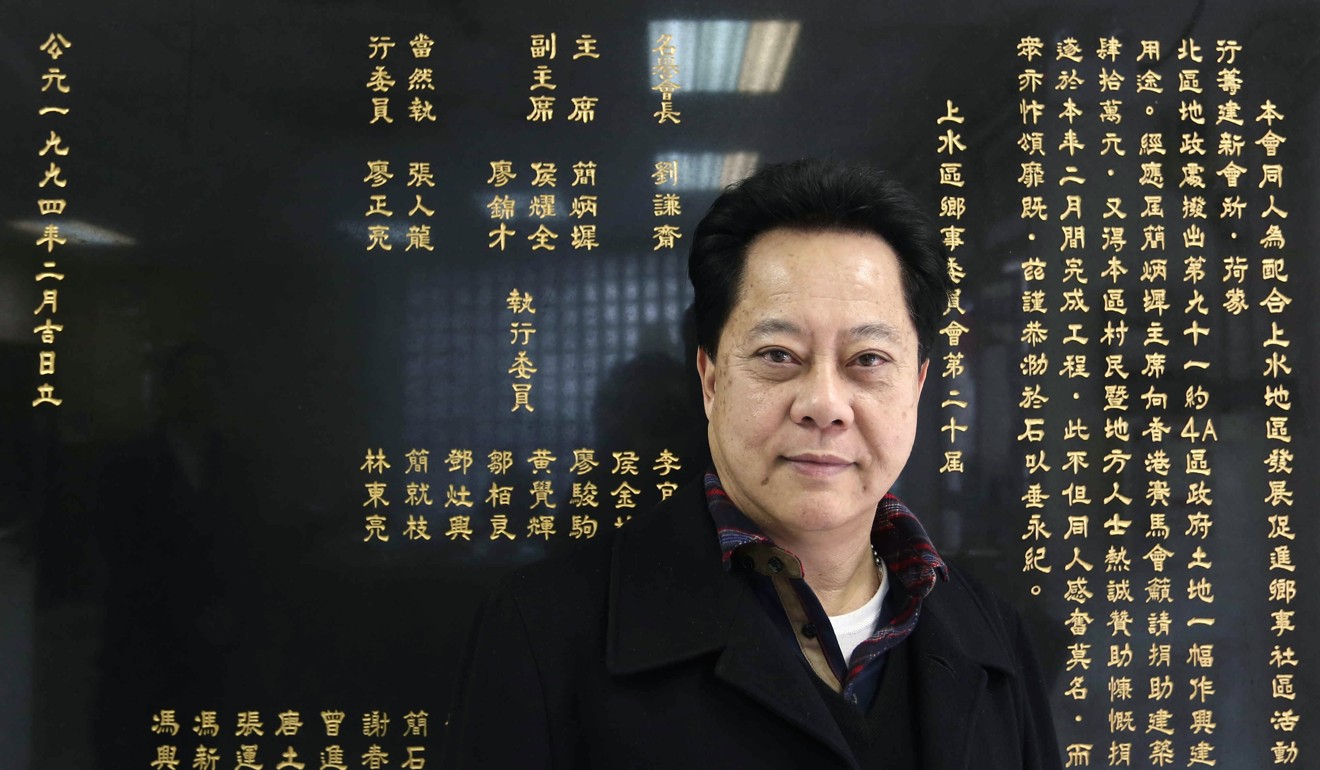
“My assistants and I work over 12 hours a day to deal with villagers’ inquiries and complaints of all kinds,” he said, adding villagers were affected by government projects near their homes, such as a border-crossing facility and the extension of a landfill.
Chan said he frequently conveyed to officials the view of villagers, and did not need to wait for district council meetings to do so. Chan is seeking another term as the head of Ping Yeung village.
The Heung Yee Kuk: how a village governing body became an empire of rural leaders
Hau, who is set to serve another term as Ho Sheung Heung village head after no one challenged for the position, also cited his workload as the reason for his low attendance.
“I have to deal with village affairs, rural committee affairs … and district council affairs. I am not the Monkey King. I cannot create more of myself from my hair to attend all meetings,” said Hau, referring to a Chinese fable.
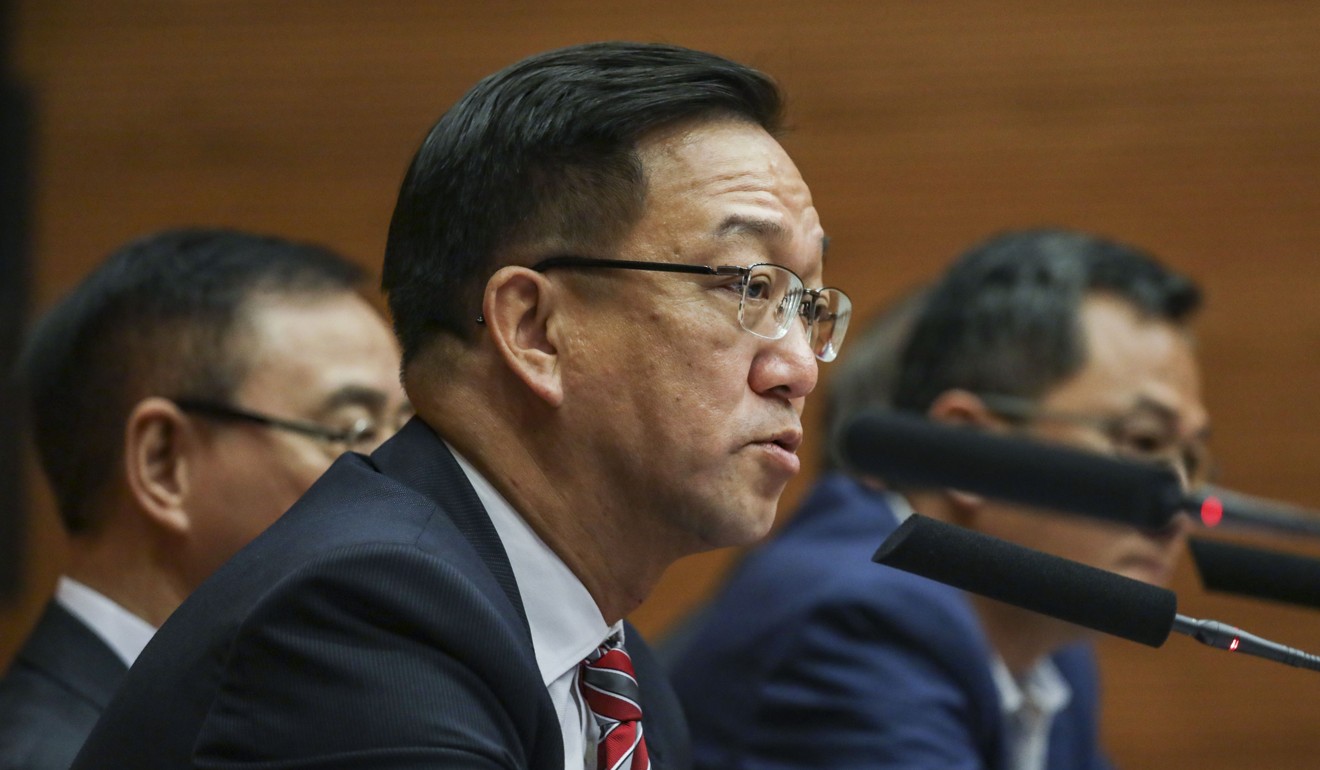
On Tuen Mun District Council, rural committee chief Kenneth Lau Ip-keung is among those with the worst records, attending 73 per cent of meetings in the past three years. Lau, head of the Heung Yee Kuk, a powerful body that looks after the interests of indigenous New Territories residents, missed four of 15 council meetings, and left early in seven others.
Lau and Li, of North District Council, could not be reached for comment.
Pan-democrat lawmaker Eddie Chu Hoi-dick, a resident of Yuen Kong Sun Tsuen, in Yuen Long, echoed Ho’s view that ex officio membership should be scrapped.
“The rural committee chairmen … do not seem to need to be accountable to anyone,” he said.
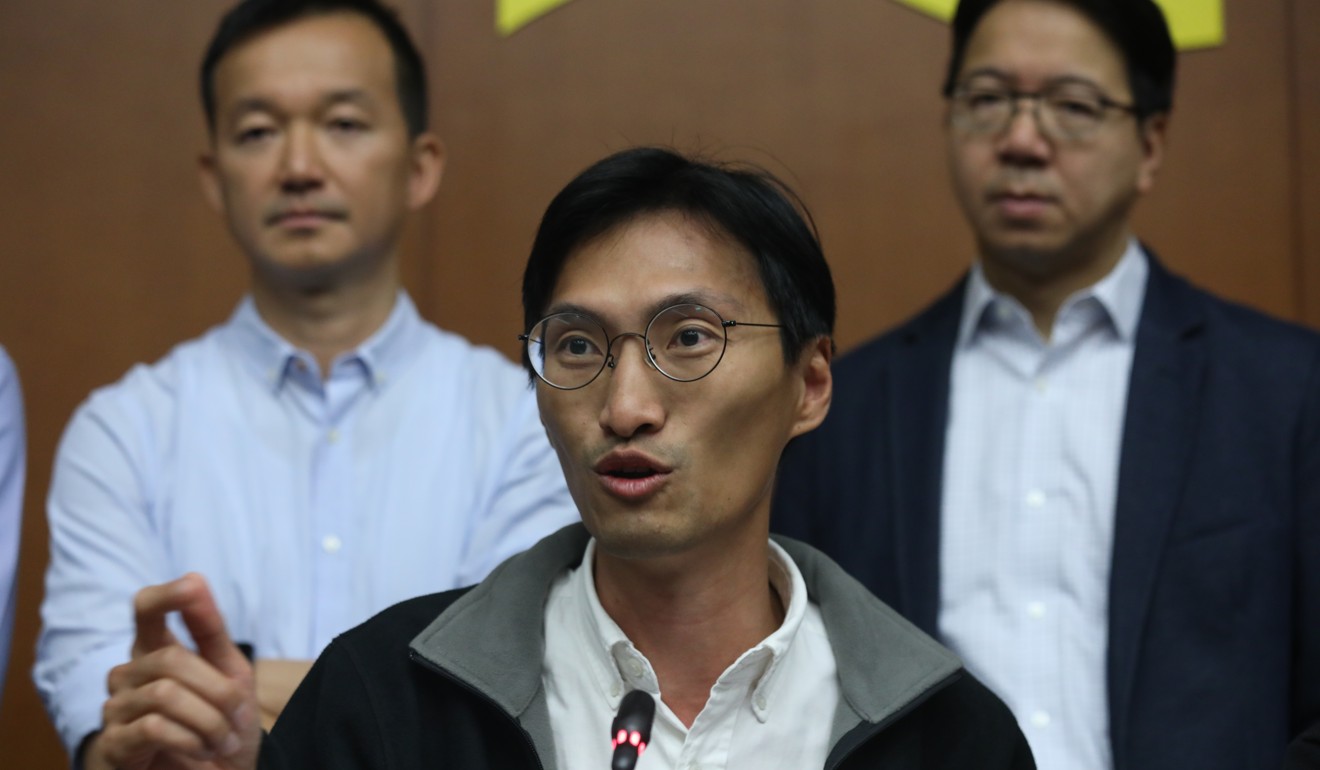
In 2012, the government published a report on reforming the district council set-up. It recommended scrapping all government-appointed seats from 2016, except those of rural committee chairmen, noting: “Heung Yee Kuk, individuals and organisations from the New Territories … strongly object to the abolition.”
Dr Bruce Kwong Kam-kwan, a co-investigator with public policy think tank the Hong Kong Transition Project, also questioned whether the government had the “backbone” to scrap the ex officio seats.
“Very often, officials need rural leaders’ help to placate villagers,” Kwong said, in a reference to the government’s new town and infrastructure development plans.

